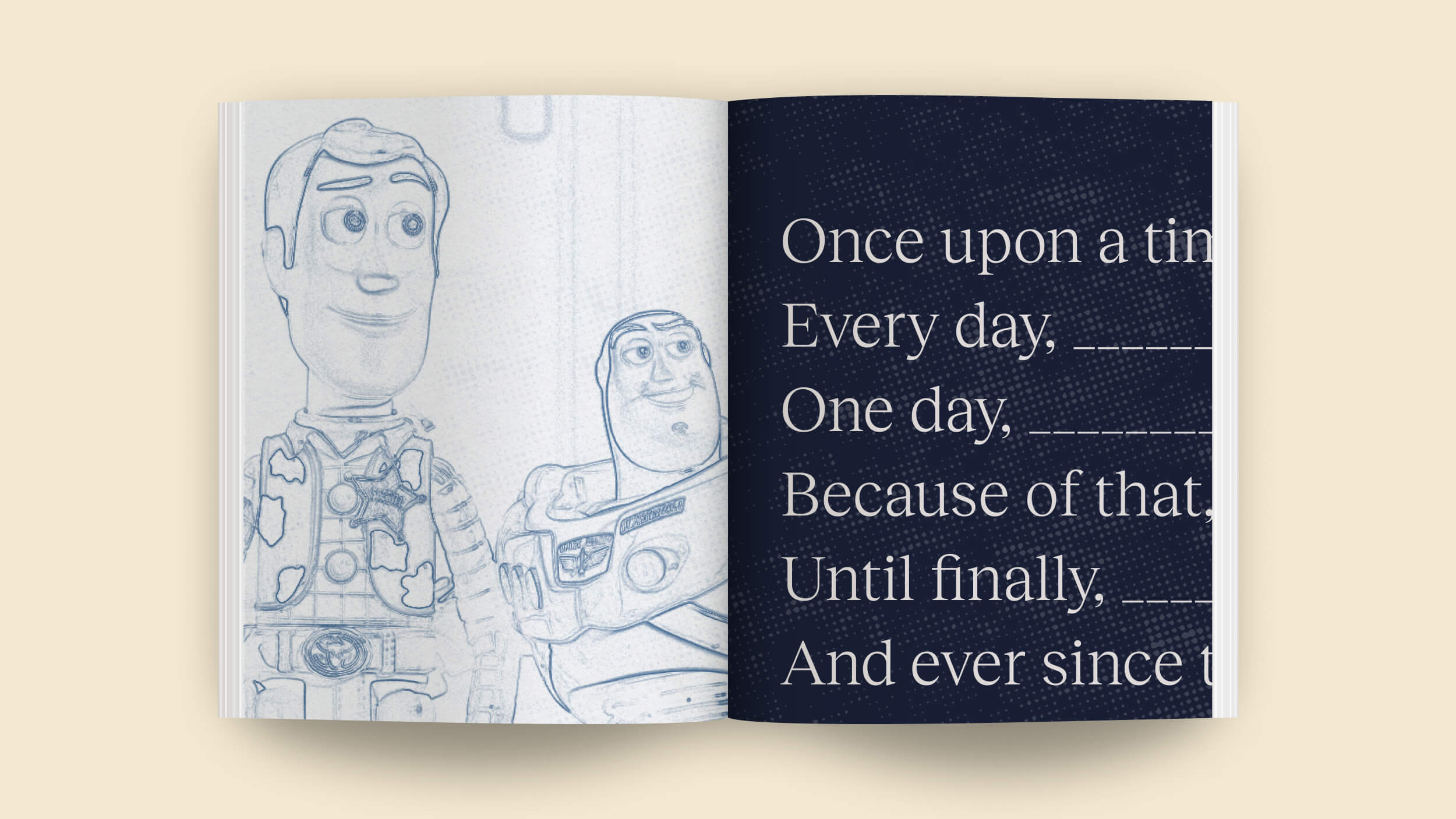Embracing intellectual messiness goes against our instincts and training as educated people, but writers and artists should accept and understand it as crucial to the creative process.
Question: What advice do you have for aspiring writers?
Malcolm Gladwell: This I think is true, not just of writers, but of anyone who is in a creative space, that you have to reverse the normal human tendency, which is to edit. So a lot of... and occasionally this is, I think, a source of a great deal of frustration that exists between people in creative and non-creative universes, which is that creative people I think are trying to... their lives and their brains, their brains are messy. Their imaginations are messy. Why, because they don’t want to throw anything out. Why don’t they want to throw anything out? Because they believe on some level that there is always something of interest or value in whatever they encounter. They know enough about how mysterious and serendipitous and unpredictable the creative process is that they realize that it’s dangerous to kind of make too hasty a judgment about the value of anything that they come across.
People in non-creative universes have exactly the opposite relationship to information—or to experiences is a better way of putting it. They’ll see something and they’ll say "Is it relevant to what I'm doing?" And if it’s not they should push it aside and focus on what they’re kind of task is. If you're at Proctor & Gamble and you’re the head of Ivory soap you’re job is to sell more soap and if you get distracted by some interesting, but ultimately marginal subsidiary issue you won’t sell as much soap. And that is an extreme example, but that's a world that demands focus. If you’re a surgeon and you’re operating you cannot let your imagination wander about some idiosyncrasy of the operation. You have to kind of zero in. So I think that is a kind of... That embracing of messiness and understanding its contribution to the creative process is something that writers and creative types, artists, whatever have got to cultivate, have to learn to be comfortable with. Because it goes against a lot of our kind of instincts and training as kind of educated people.
Recorded December 16, 2010
Interviewed by Max Miller
Directed by Jonathan Fowler
Produced by Elizabeth Rodd





